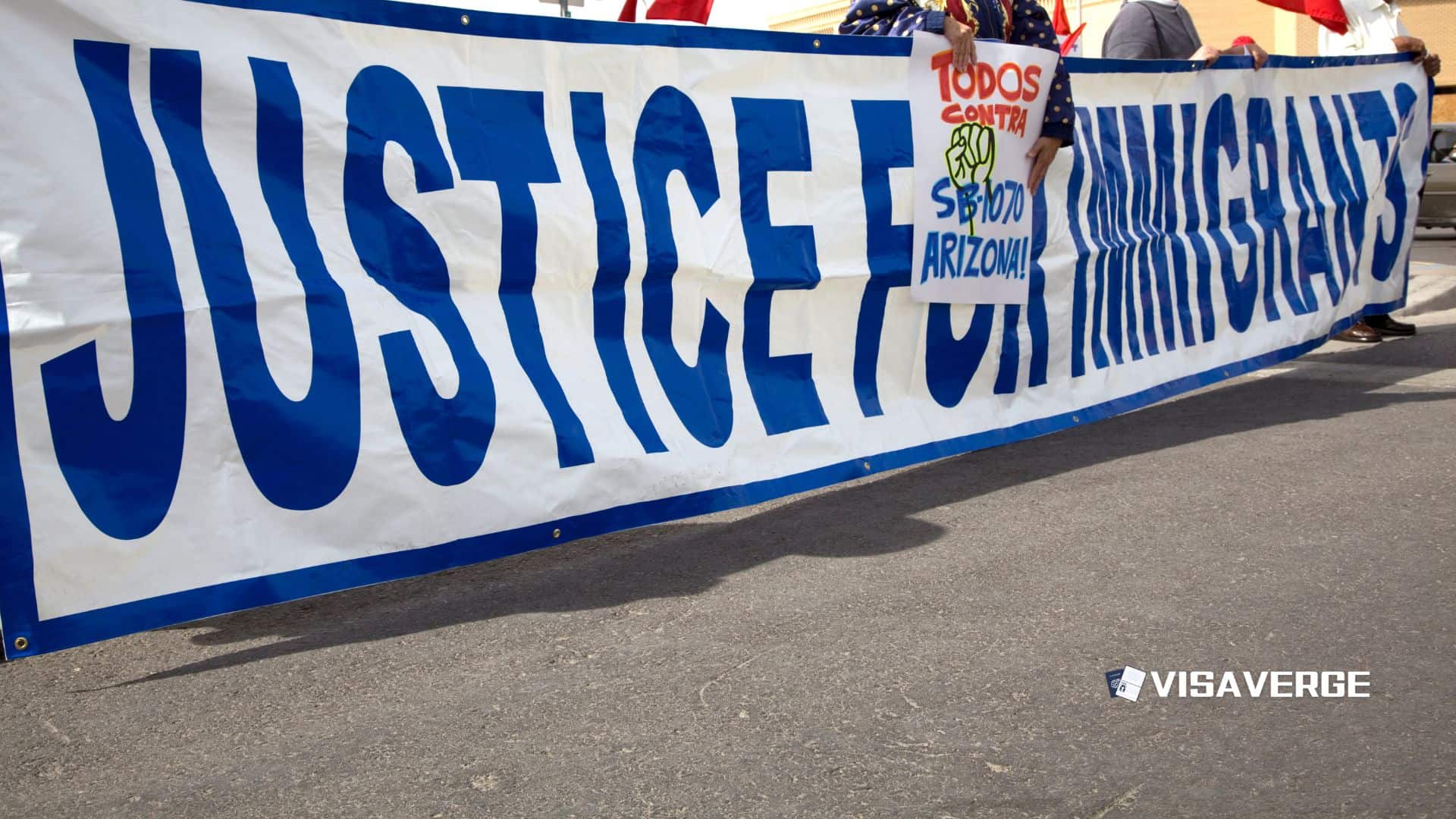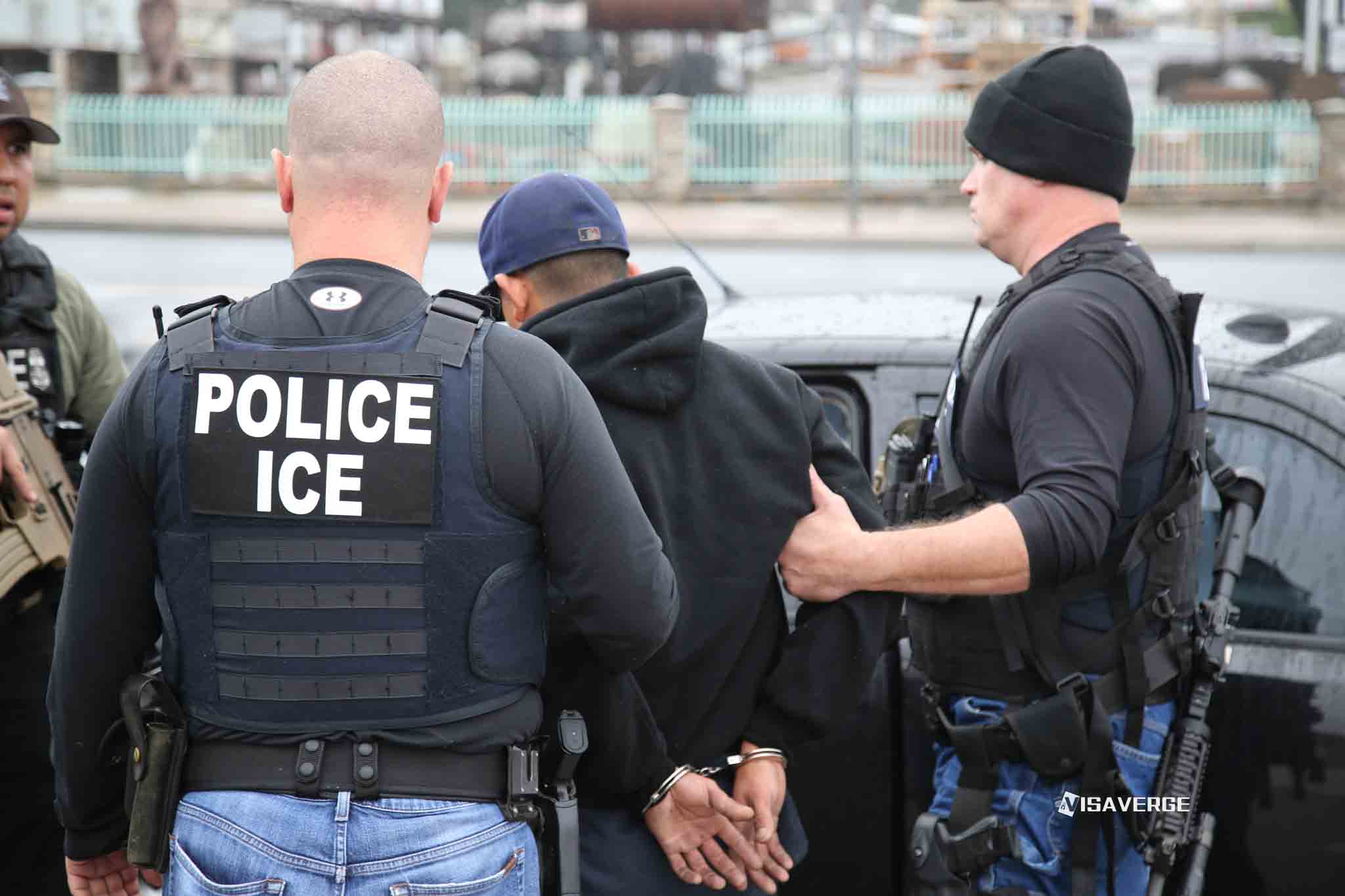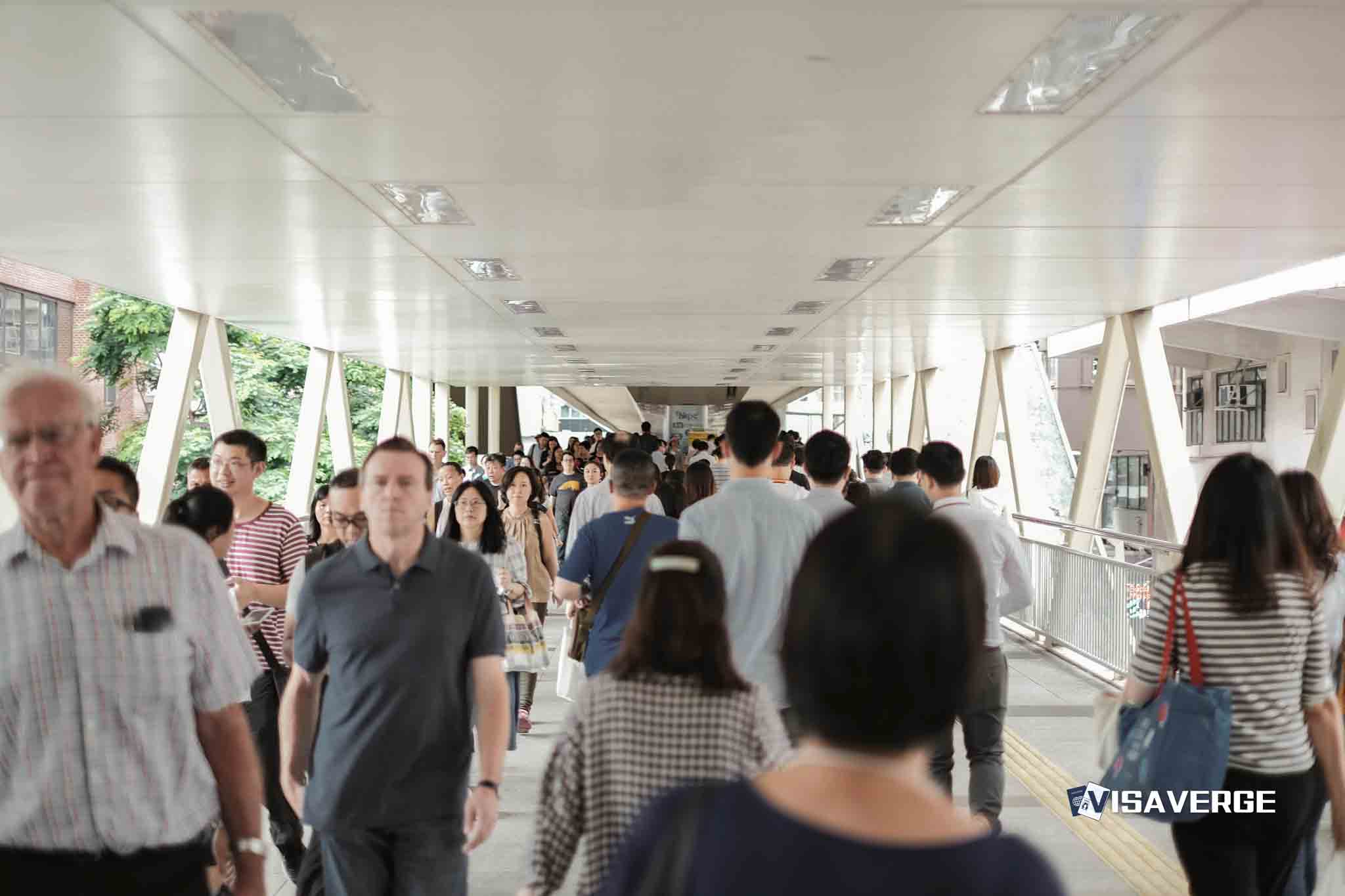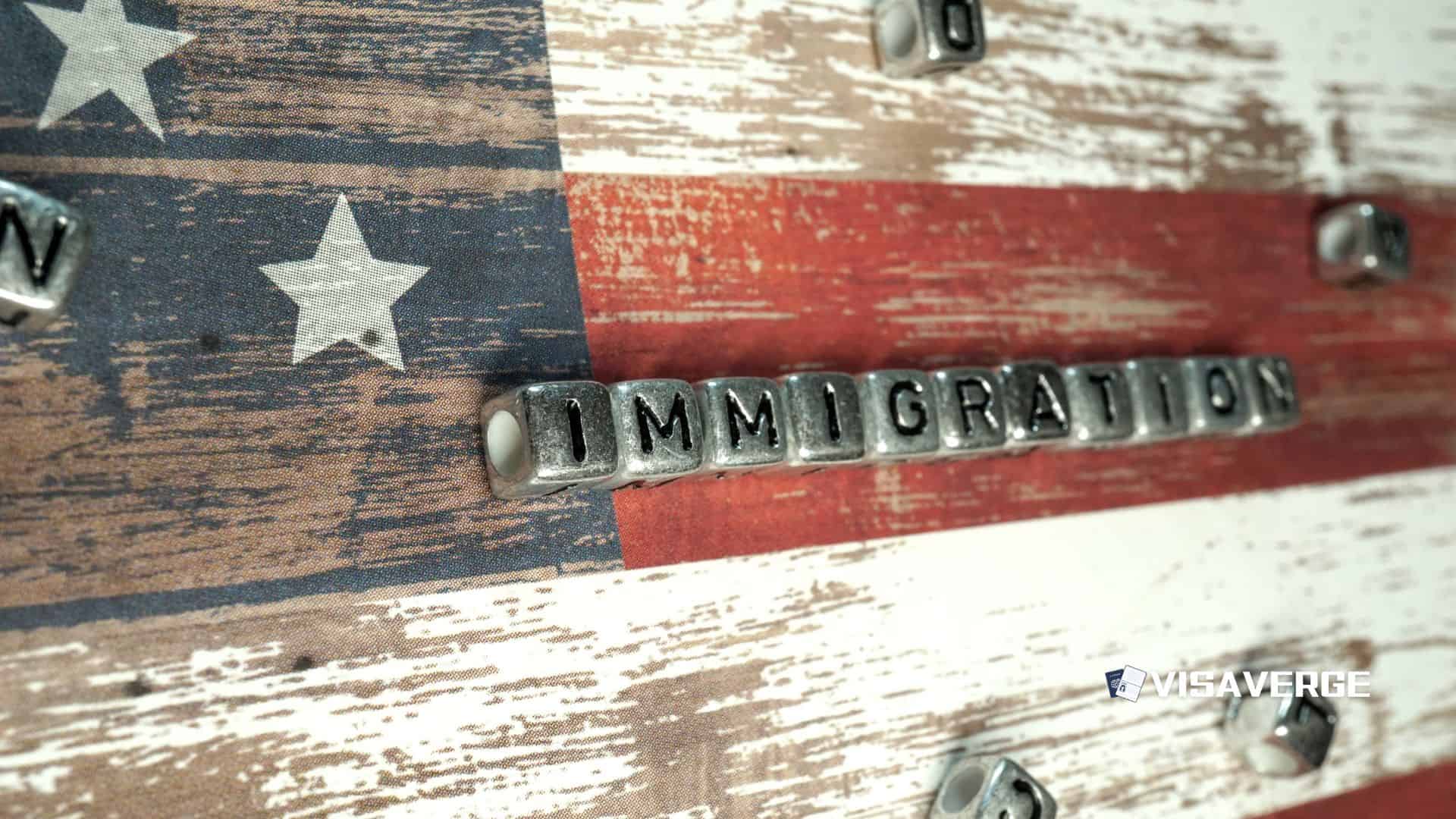(LOS ANGELES) Survivors of alleged immigration enforcement abuses described beatings, wrongful detention, and fear of deportation to members of Congress on Monday, November 24, 2025, during a tense congressional field hearing in downtown Los Angeles. The session, titled “Due Process for All: Exposing Trump’s Mass Deportation Machine,” focused on actions by Immigration and Customs Enforcement (ICE) and Customs and Border Protection (CBP) in the Los Angeles area and beyond, and drew sharp warnings about civil rights violations affecting both undocumented immigrants and U.S. citizens.
Purpose and convening

Convened by Rep. Robert Garcia (D–Long Beach), ranking member of the House Oversight and Government Reform Committee, the field hearing aimed to bring federal attention to stories city leaders say have circulated for months in immigrant neighborhoods.
Los Angeles Mayor Karen Bass sat in the front row, flanked by local and national advocates, as witnesses recounted:
– arrests without warrants,
– use of physical force during street operations, and
– detention of U.S. citizens who say they were never given a chance to prove their status.
Garcia said his goal was to create a public record that Congress and courts can rely on if further investigations into immigration enforcement abuses move forward.
Emotional testimony: Andrea Velez
One of the most emotional testimonies came from Andrea Velez, a U.S. citizen and Cal Poly Pomona graduate, who said she was detained on June 24, 2025, as she walked to work near 9th and Main Streets in downtown Los Angeles.
She described the encounter:
“When I asked for his badge or why [I was detained] he refused and handcuffed me. He didn’t believe I was a U.S. citizen or bothered to check my ID.”
Velez said a masked officer ran toward her, slammed her into the sidewalk, and refused to show identification or check her status. During the same incident, she testified, another U.S. citizen who was recording the operation was pepper-sprayed and went into shock before officers called an ambulance.
Velez added that:
– she was blocked from contacting anyone outside while agents processed her case,
– it took her relatives two days to find her in the detention system, and
– the Department of Justice later dismissed her case.
Even after being cleared, she said she still feels traumatized and unsafe walking through downtown Los Angeles, a city she has called home for years. Her story, echoed by others at the hearing, painted a picture of immigration enforcement that, in their view, treats brown and Black residents as deportable first and rights-bearing individuals second.
Scale of detentions and official figures
Rep. Garcia said Velez is not alone, claiming that more than 170 U.S. citizens have been detained during ICE operations.
He pointed to Department of Homeland Security figures showing that, as of October 2025, federal authorities had arrested more than 7,100 undocumented immigrants in the Los Angeles area since June 6, 2025.
Garcia argued:
“These are not isolated mistakes. We need real oversight of the Trump administration,” adding that President Trump and senior officials “are causing terror not just in Los Angeles and L.A. County, but across the country.”
Conditions inside detention centers
Lindsay Tockzylowski, president and co-founder of Immigrant Defenders Law Center (ImmDef), testified about conditions inside detention centers, saying they are designed to break people’s will.
She said detainees were being blocked from basic rights, including:
– phone calls to family,
– outside communication with lawyers, and
– timely medical care.
Tockzylowski said her organization has documented categories of misconduct, such as:
– “concerning use of force”,
– “concerning arrest/detention”,
– “concerning deportation”, and
– “enforcement action at a sensitive location” (schools, churches, hospitals).
She told lawmakers: “What we are seeing right now are the most horrific conditions and they are simply designed to get people to give up their cases.”
Local leadership response
Mayor Karen Bass framed the hearing as a defense of city residents’ constitutional protections rather than a debate over federal immigration law.
She said:
“Los Angeles will not stay silent while Angelenos’ rights are violated. We are here to demand accountability. We are here to demand transparency and we are calling on Congress to act before more families are torn apart.”
Bass stressed that documenting testimony under oath was essential for the long term:
“We want to establish a record because when the political winds change, we want to hold those accountable.”
National implications and community impact
Other lawmakers warned that what is happening in Los Angeles may reflect a national pattern.
U.S. Rep. Jasmine Crockett (Texas) called the situation “an American nightmare,” saying people should not have to prove they belong in their own city while walking to work or dropping children at school.
Analysis by VisaVerge.com indicates that community groups in multiple states have reported similar complaints about:
– street stops,
– family separation, and
– confusion among U.S. citizens swept up in mass operations aimed at undocumented immigrants.
Advocates argue these practices can chill lawful activity, as residents fear:
– calling police,
– visiting hospitals, or
– sending children to class if those spaces are seen as potential enforcement zones.
Legal responses and lawsuits
Civil rights lawyers have taken the fight into federal court. Organizations involved include:
– the American Civil Liberties Union (ACLU),
– Public Counsel, and
– other immigration and civil rights attorneys.
Their lawsuit alleges that federal agents are violating the Constitution by:
– arresting people based solely on skin color,
– conducting raids without warrants, and
– denying legal counsel to detainees.
The case argues these methods violate protections against unreasonable searches and seizures and basic due process rights that apply to citizens and noncitizens alike. Attorneys say they are collecting more declarations from people across Los Angeles describing stops, questioning, or detention without clear legal basis.
How to file complaints and local outreach
Nationally, official guidance on filing complaints against federal immigration agencies is posted on the Department of Homeland Security’s website, including through the Office for Civil Rights and Civil Liberties:
– https://www.dhs.gov/office-civil-rights-and-civil-liberties
However, several witnesses at the Los Angeles hearing said they:
– had no idea those channels existed, or
– doubted anything would change if they complained, especially after traumatic encounters they believe were driven by racial profiling.
Local legal aid groups said they are trying to educate residents on:
– documenting incidents,
– saving any paperwork from agents, and
– contacting lawyers quickly if a loved one disappears into detention.
Policy suggestions from the hearing
Lawmakers and advocates proposed a range of immediate steps for Congress to consider:
- Strengthen reporting requirements on arrests and detentions.
- Ban enforcement actions at sensitive locations (schools, churches, hospitals).
- Create clearer penalties for agents found to have violated policy.
- Tie agency funding to compliance with civil rights standards.
- Expand access to public defenders in immigration proceedings (noting there is currently no guaranteed right to government-appointed counsel in these cases).
Agency responses and next steps
The Department of Homeland Security did not immediately respond to requests for comment on the testimony and allegations raised in Los Angeles.
ICE and CBP have previously said they focus on people who pose public safety threats and that officers are trained to follow the law.
For now, residents who testified said they are relying on:
– public exposure,
– lawsuits, and
– political pressure
to try to rein in what they describe as a climate of fear. Many left the hearing room still shaken by their past encounters but hoping that speaking publicly, on the record, will help protect others from similar treatment.
A Nov. 24, 2025 congressional field hearing in Los Angeles documented alleged ICE and CBP abuses: warrantless arrests, force, and detentions of U.S. citizens. Andrea Velez and others recounted trauma, blocked communications, and delayed medical care. Rep. Robert Garcia cited over 170 citizen detentions and DHS figures showing 7,100+ undocumented arrests since June. Advocates and civil-rights lawyers filed suits alleging racial profiling and constitutional violations while urging congressional oversight and stronger safeguards.













